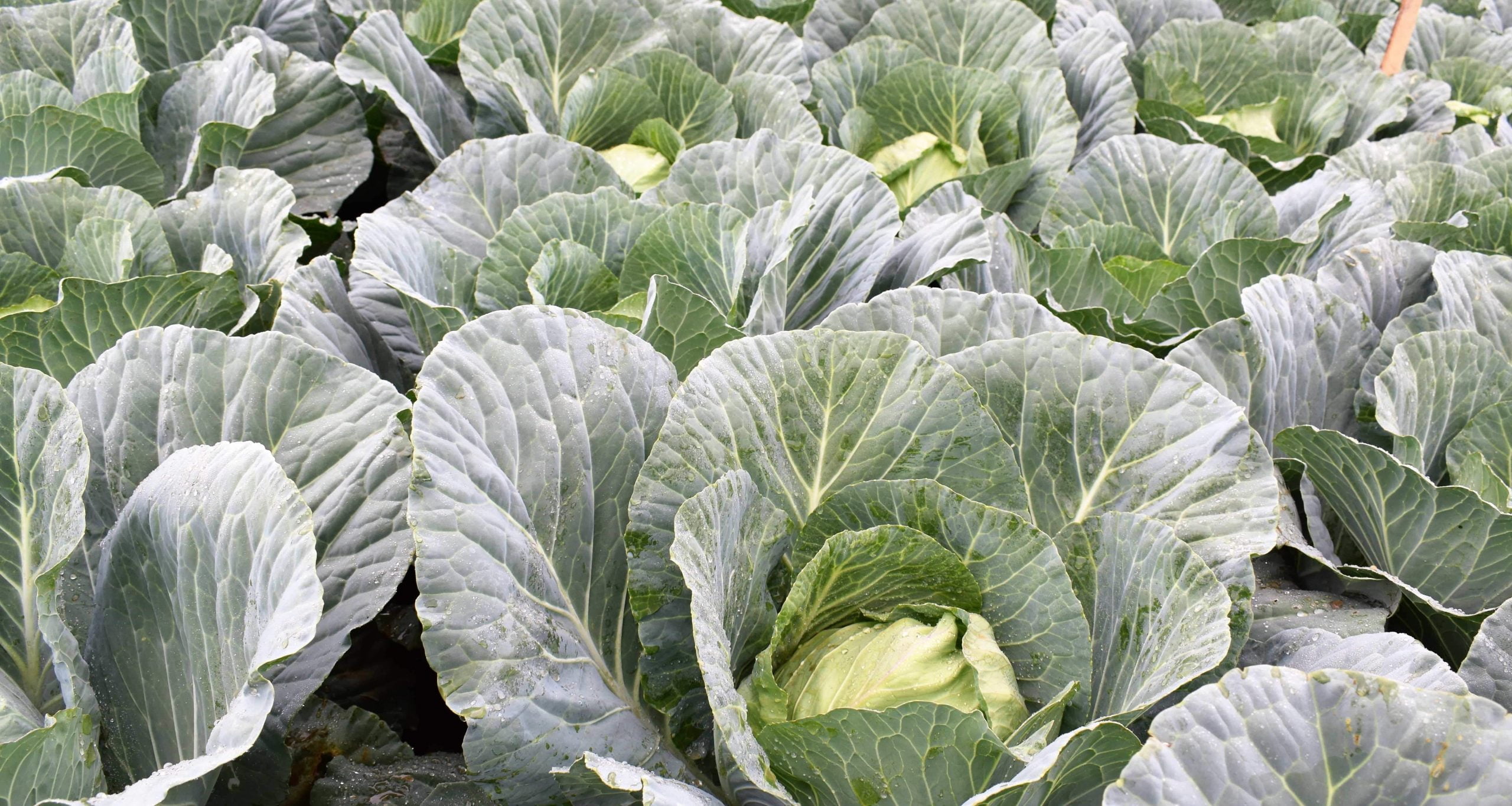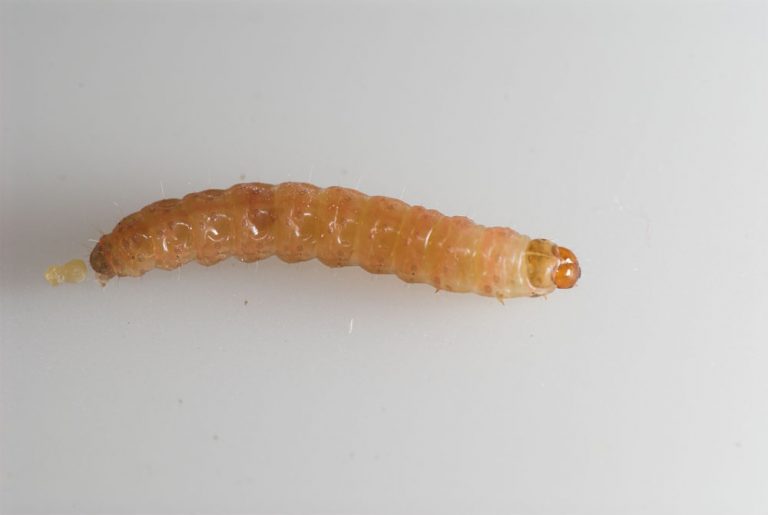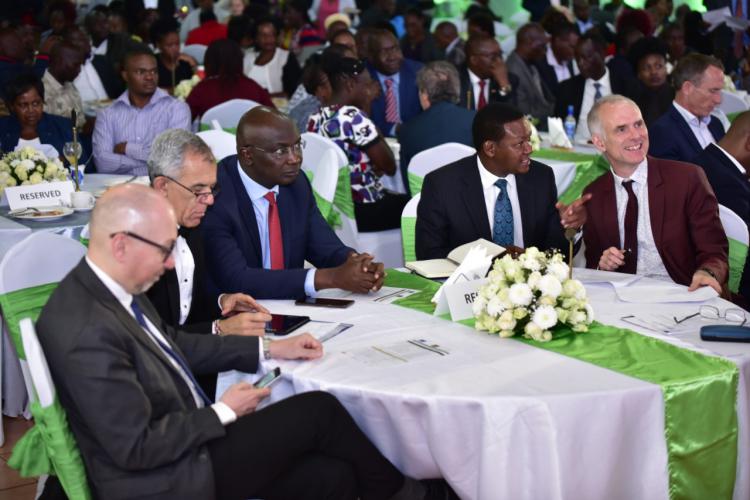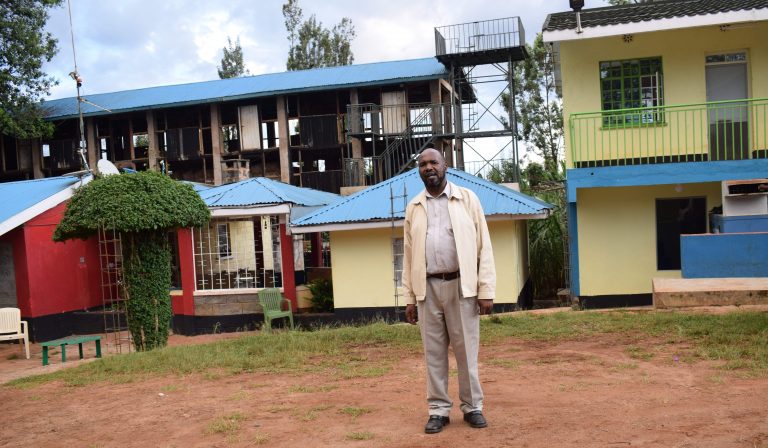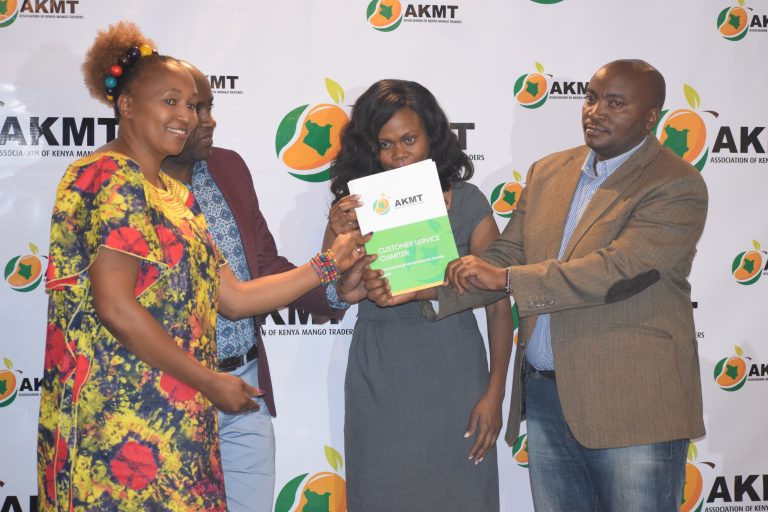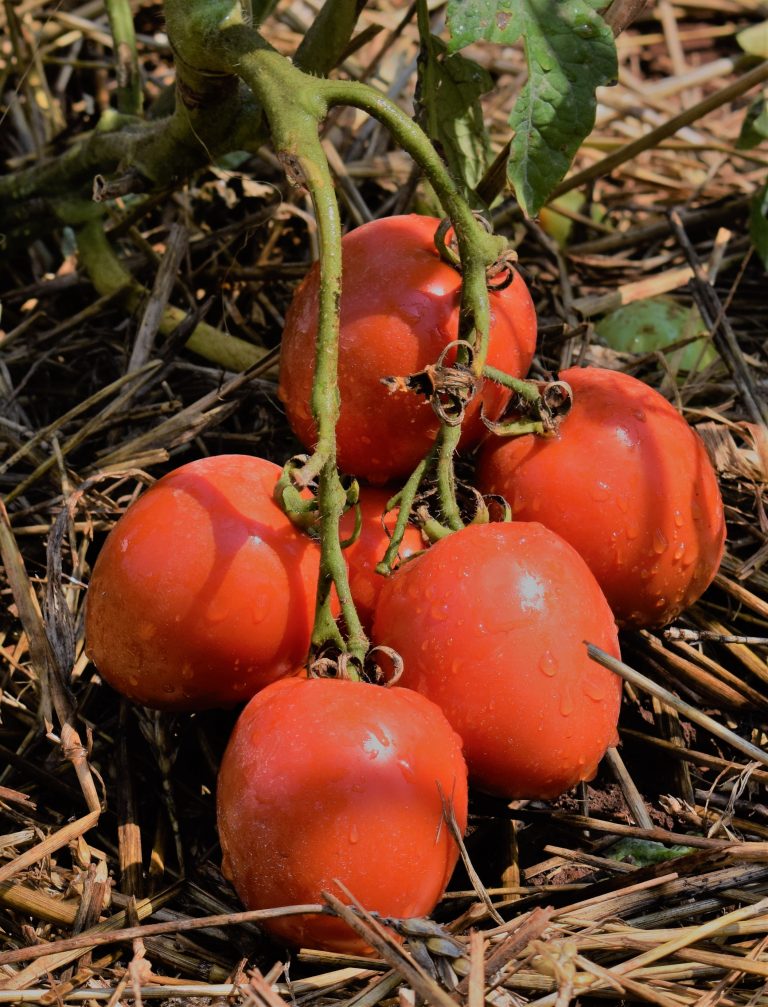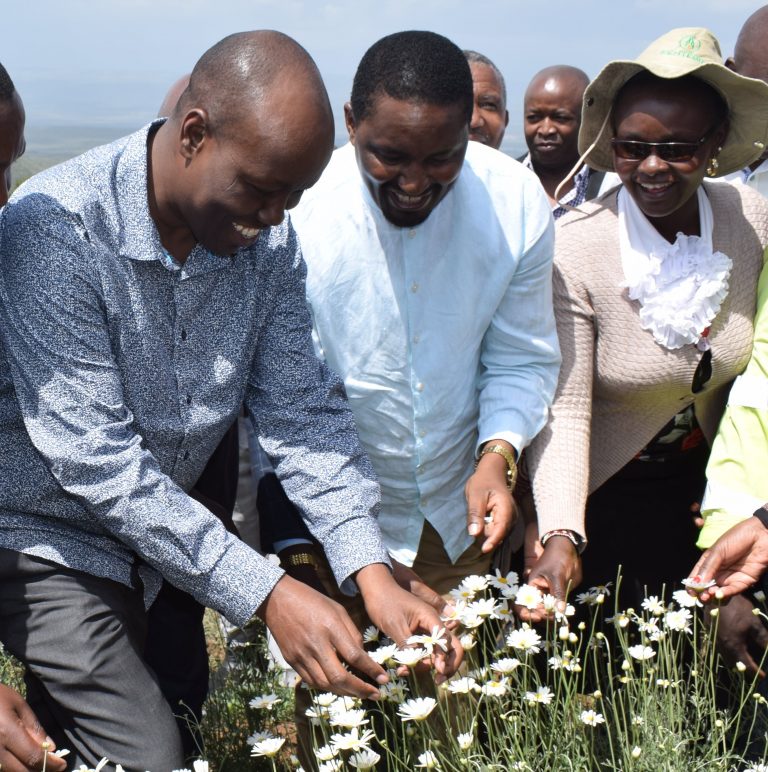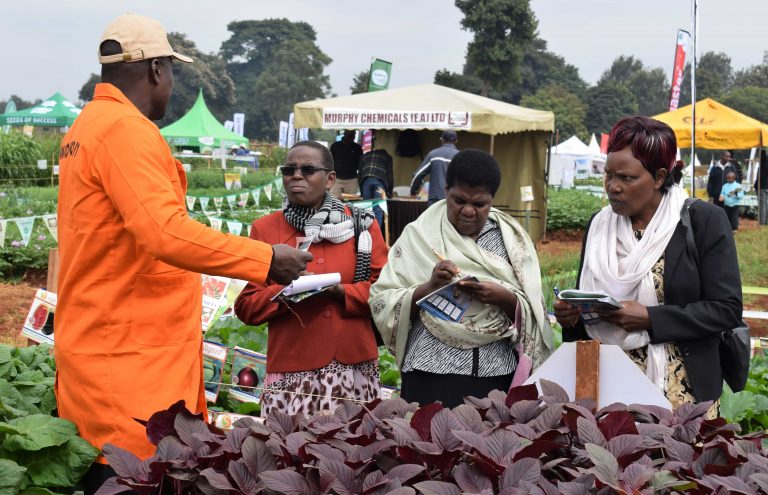At least 200 start-ups and early stage agribusiness enterprises have been selected for support by the Kshs. 22.2 billion AgriBiz programme over the next five years. The programm is funded by the European Union (EU) in Kenya. The EU is partnering with Kenya Climate Innovation Center (KCIC),Kenya government and the Royal Danish Embassy.
KCIC selected 200 candidates from the 2,400 applications received after a highly competitive evaluation process.
Among the 200 are early stage/start-up companies, Small and Medium-sized Enterprises (SMEs), women and youth-led community based organisations, as well as Self Help Groups.
The applications from women and youth-led agribusinesses that were selected were those that demonstrated the best scalability and potential for replication and growth of their product or service, and thus the biggest potential to increase incomes for value chain stakeholders.
“We are impressed that we have received an overwhelming response to the call from across the country, an indication there are so many agribusinesses out there seeking different forms of support to spur their growth,” said KCIC Chief Executive Officer Edward Mungai at the close of the evaluation exercise.
“The huge interest in AgriBiz is an indicator that, contrary to popular opinion, women and youth are embracing agribusiness,” says H.E Simon Mordue, EU Ambassador to Kenya
Other attributes that were considered for selection included; Business model feasibility which shows a clear and compelling mission to grow a sustainable and commercially viable agribusiness enterprise; The potential to adopt and leverage smart approaches that drive the growth of the agribusiness; Social impact which includes the potential to create decent employment opportunities for youth and women; And market opportunity, including knowledge and understanding of the agricultural and livestock value chain, of customers’ needs, and competitors approaches.
Over a five-year period the AgriBiz programme will offer overall support over 1,600 enterprises to develop bankable business plans, 1,200 enterprises to access financing from financial institutions and over 1500 women to access EU supported community level micro financial services.


